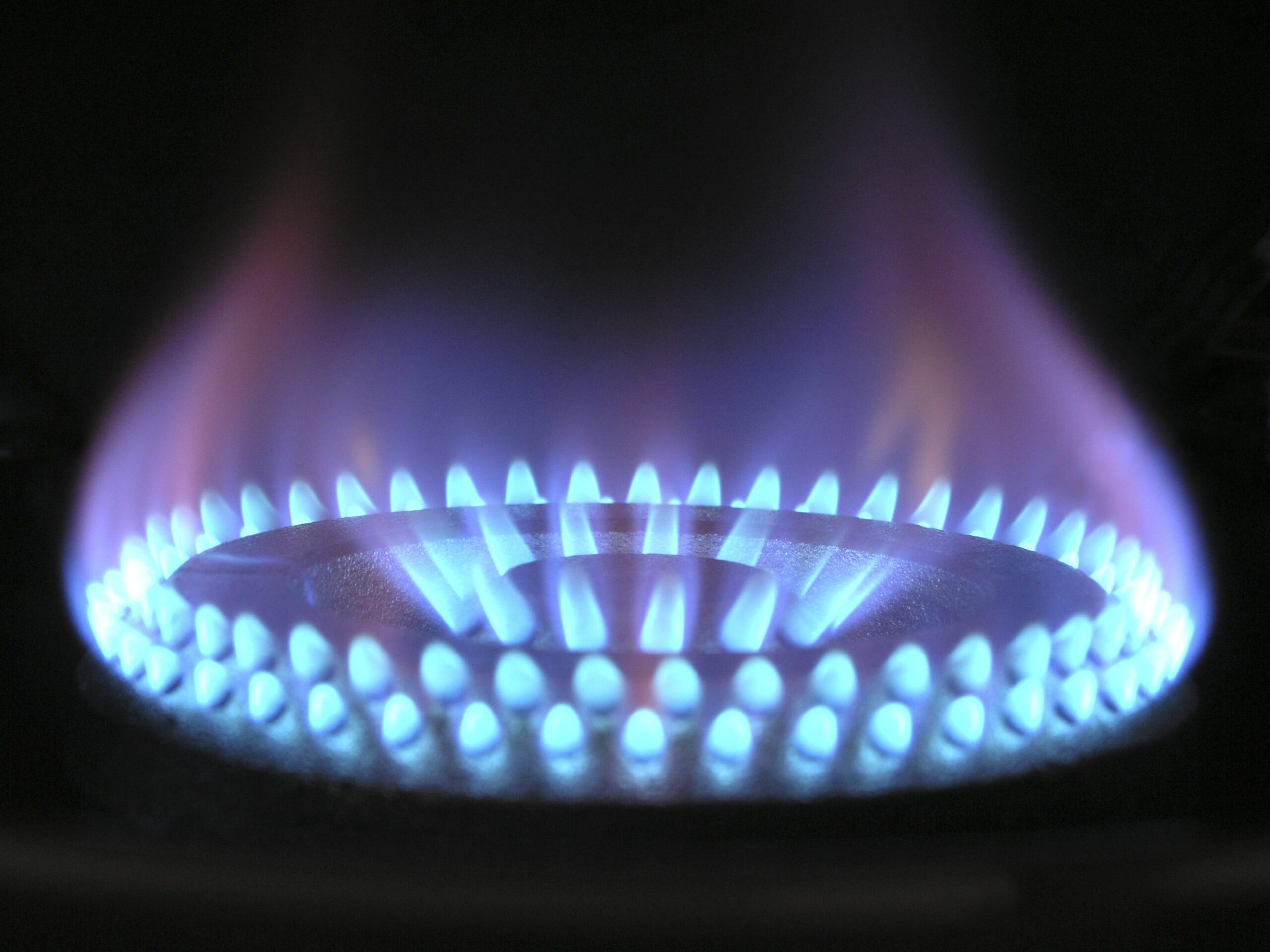Your home should be your safe space. You and your family should not have to worry about a thing when you are safely ensconced behind its walls, but sadly, there are a number of things that can go wrong in the home, that can threaten your safety and security significantly. One of these things is gas!
Yes, gas leaks are thankfully pretty rare for most of us, but they can and do happen, so it is always a good idea to be prepared. That being the case, here are some basic tips to keep your home safe from gas leak, so you don’t end up in an action movie explosion or with a rip to the hospital any time soon.
Trust Your Nose (But Not Too Much)
One of the best things about natural gas is that it stinks, and I do mean that literally. It’s got an added odorant that smells like rotten eggs, just so you know it’s there. But here’s the catch: relying solely on your sense of smell is like trusting your cat to guard a bowl of milk. Why? Because your nose might miss smaller leaks, or you might just get used to the smell (nose blindness is real, folks). So, while your nose is a good first line of defense, it’s not the be-all and end-all.
Keep an Ear Out
Sometimes, a gas leak makes a hissing sound, kind of like a snake but even less charming. This means that, of you hear this in your home and you don’t own a pet snake, it’s time to investigate what could be going on. This isn’t the moment to pretend you’re in a horror movie and ignore the creepy sound. Get it checked and stay safe!
Drager Tubes to the Rescue
Here’s where it gets techy. Drager tubes are like little superheroes for detecting gas. Most commonly used to detect gas in the workplace, but totally safe to have in your home, these tubes are filled with a chemical reagent that reacts with specific gases and changes colour, sort of like a mood ring but for your air quality. The great thing about Drager tubes is that they can detect a variety of gases at different concentrations. They’re easy to use, and you don’t need to be a scientist to understand the results. Just don’t use them as a straw for your drink; they’re not that kind of tube.
Install a Gas Detector
Gas detectors are readily available and a must-have for any home. They’re like that one friend who always notices when something’s off and lets you know about it. These detectors provide an early warning by sounding an alarm when they detect gas. Some can even be linked to your smartphone, because if there’s one thing we need, it’s more notifications, right? But seriously, they could save your life.
Regular Appliance Check-Ups
Your home appliances can be like moody teenagers; they need regular check-ups to ensure they’re not acting up. Have a professional inspect your gas appliances annually. They’ll check for leaks, ensure proper ventilation, and make sure everything is in tip-top shape. It’s like taking your car for an MOT, but for your cooker.
Ventilation is Key
Good ventilation is like good gossip – it needs to circulate. Ensure your home is well-ventilated, especially areas with gas appliances. This isn’t an excuse to open all windows during a snowstorm, but regular airflow can help prevent gas build-up.
Know Your Shutoff Valves
In a gas emergency, knowing where your gas shutoff valve is can be as crucial as knowing where the loo is after a curry night, so you are definitely going to want to take the time to make sure you know how to turn off your gas supply should the need arise. It’s usually a simple lever or knob, so it shouldn’t be too difficult.
No DIY, Please
If you suspect a gas leak, don’t try to be a hero and fix it yourself – this is probably the worst thing you could ever do safety-wise in your home. This isn’t a YouTube DIY project and you could seriously harm yourself or others if you tinker with something you do not fully understand. Call the professionals and let them do their thing so you can all keep safe.
Gas leaks are serious stuff, so take as many precautions as you can because, at the end of the day, it’s better to be safe than sorry.

